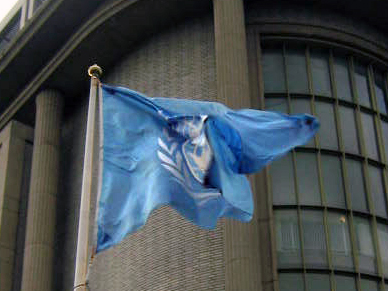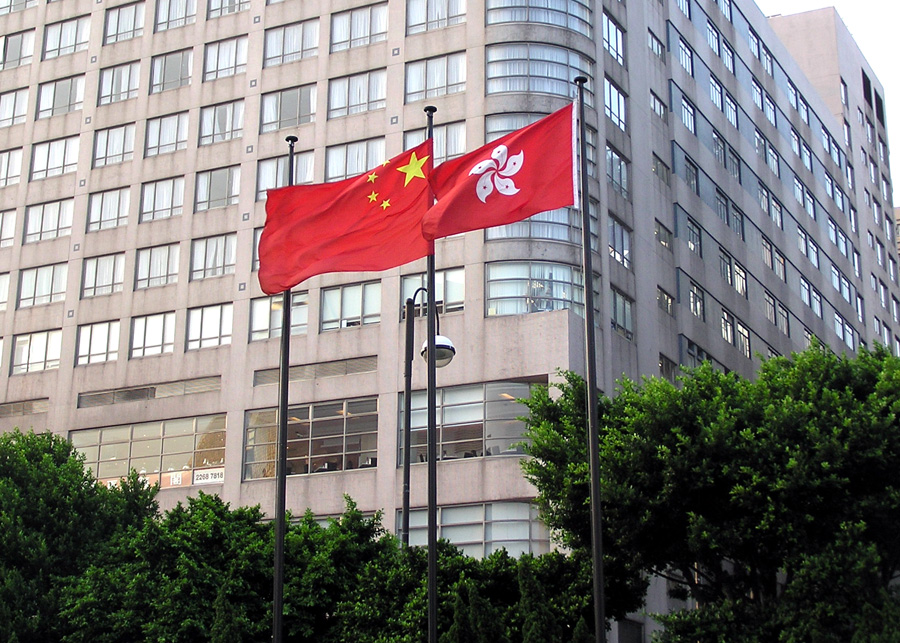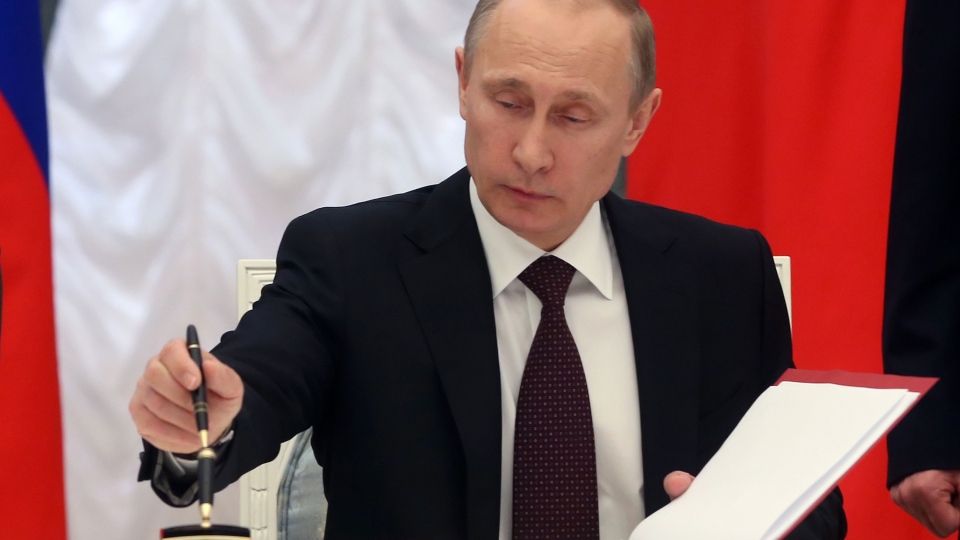The Perpetual War on Terror
Given its global hegemonic power and capacity to be a norm entrepreneur and human rights promoter, the international community was appalled when the US decided to oppose the establishment of the International Criminal Court (ICC). Prior to the deadline in 2000, the US made sure to sign up as a state party to the ICC so it could participate in the foundational design of the organization. However in 2002 the Bush Administration withdrew its signature from the Rome Statute and threatened to use military force if any US citizens were held at the Hague. In addition, the US began to pressure other countries to sign treaties, which would make them unable to report American citizens to the ICC.
What message does it send to the rest of the international community if the world’s most powerful state is fearful of the possibility that an unbiased and autonomous body could have jurisdiction over its affairs?
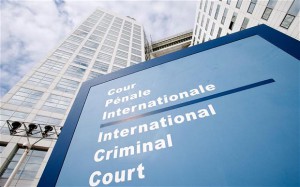
Under the Clinton Administration, the US tirelessly lobbied to institute United Nations Security Council (UNSC) screening of ICC cases, and when this failed to come to fruition, the US attempted to weaken and undermine the court through bilateral agreements with other nations ensuring US immunity. The post 9/11 political landscape in America has vastly transformed notions of sovereignty and security, but this still begs the question: why would a leading global power and member of NATO, which is in a position to be a great protector and promoter of human rights, refuse to support an international institution established for this purpose?
State Sovereignty vs. National Interest
The US has initiated dozens of military and political campaigns throughout history, which have been seen to be in direct violation of state sovereignty and international law. For example, the US continually infringes upon the sovereign territory of Pakistan through repeated drone strikes, which are associated with an increased level of civilian casualties. In most of these instances, the aims were directly related to a particular military, political, economic or social reform that would serve the interests of the American government, particularly with regards to the war effort in Afghanistan.
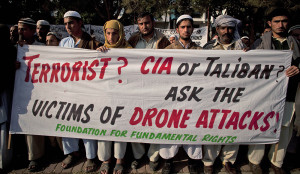
Up until the establishment of the ICC, there was no organization independent of the UN and operating under its own auspices responsible for bringing individuals to justice for war crimes. The very fact that the ICC is an independent body, not susceptible to being manipulated by the bureaucracy and political interests inherent within the UNSC, is threatening in and of itself to American hegemony. What message does it send to the rest of the international community if the world’s most powerful state is fearful of the possibility that an unbiased and autonomous body could have jurisdiction over its affairs?
In reality this is not the case, as the criteria for the jurisdiction of the ICC were augmented following the International Criminal Tribunal for the Former Yugoslavia (ICTY) and the International Criminal Tribunal for Rwanda (ICTR), inwhich the sovereignty of the nations involved was in question. Currently, the ICC can only have jurisdiction in the event that a state is unable or unwilling to prosecute its own nationals. Some have asserted that the ICC disproportionately targets African states, an argument which would only hold true if the nations in question were not parties to the ICC. In fact, Africa has made great contributions to the court, and constitutes the most heavily populated region in the ICC’s membership.
Power Politics
Greater American involvement in both peacekeeping missions and invasionary operations has exposed the nation to greater scrutiny, and a potentially higher incidence of prosecution of US nationals by the ICC. In the case of prosecutions, member states are unable to block any charges against their own citizens, leading many to argue that the US isn’t a state party to the ICC in an effort to protect its own citizens. Under Article 5 of the Rome Statute, the ICC has jurisdiction over genocide, crimes against humanity, and war crimes including rape and the crime of aggression. It wouldn’t be a stretch to argue that the US is not a state party to the ICC because of its history, most notably the 2003 invasion in Iraq, which is widely accepted to have been a violation of international law. The US was a signatory to the Rome Statute, but did not ratify the treaty and as such US citizens cannot be charged for committing crimes under the purview of the treaty.
NATO and its allies have sworn to uphold the values of democracy, sovereignty, human rights and international law as they are enshrined within the NATO and UN charters. Ultimately, the success of the ICC will depend largely on its legitimacy and impartiality, both of which would be compromised if the US were able to gain a controlling stake in the court. Normative values must be championed by great powers, above political and economic interests. Global state cooperation is vital for the future efficacy and success of the ICC. Adena Eliasoph

